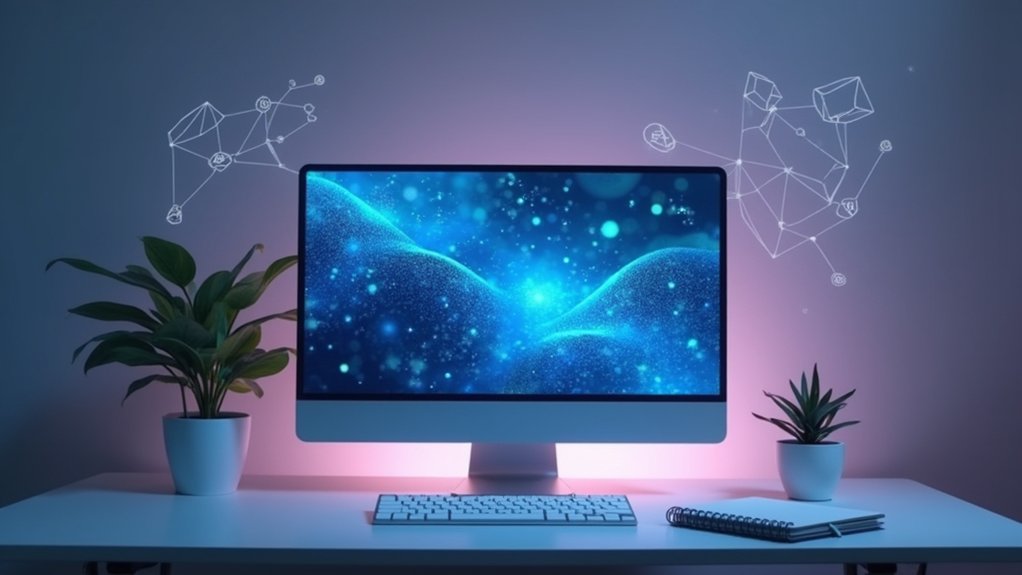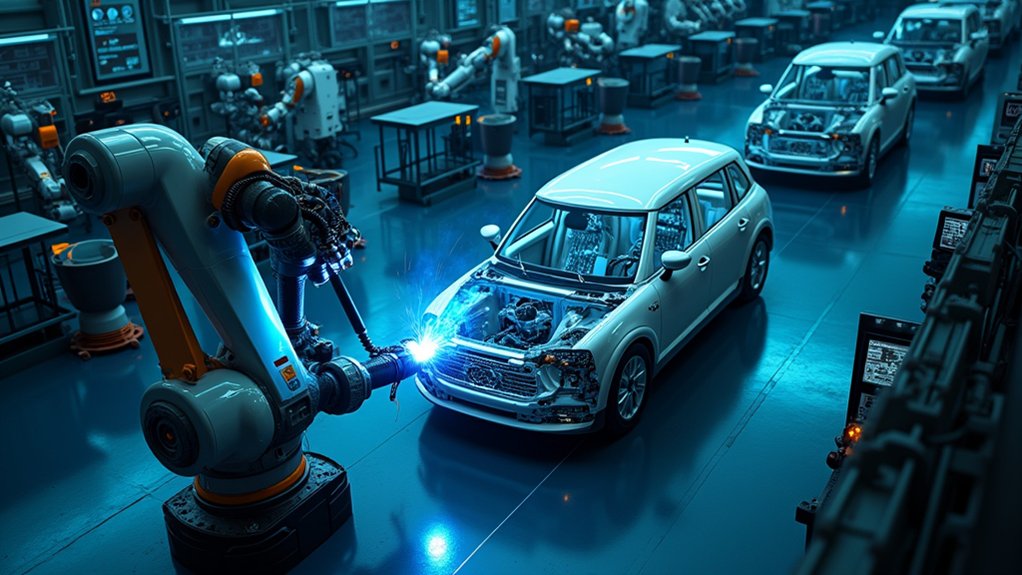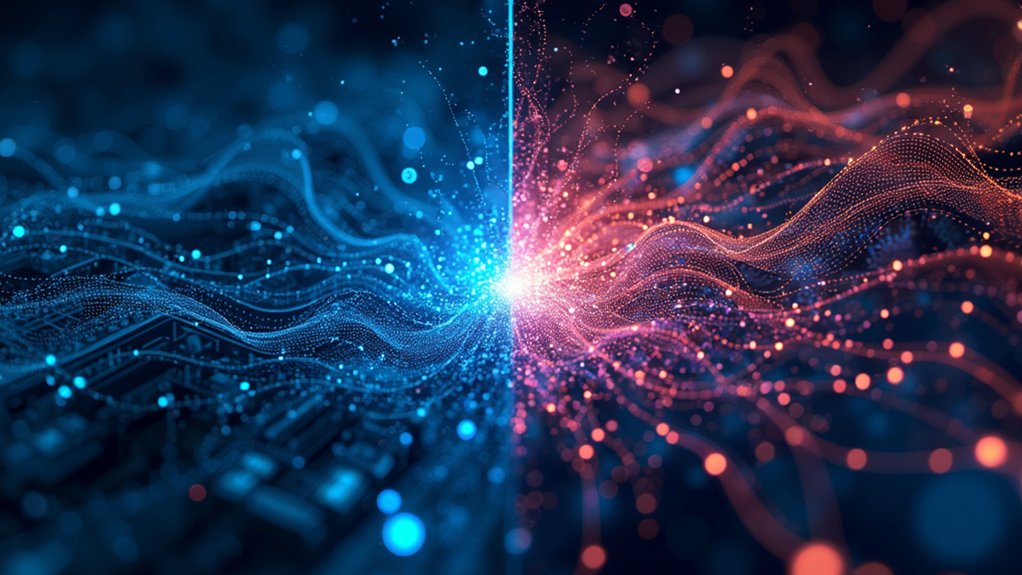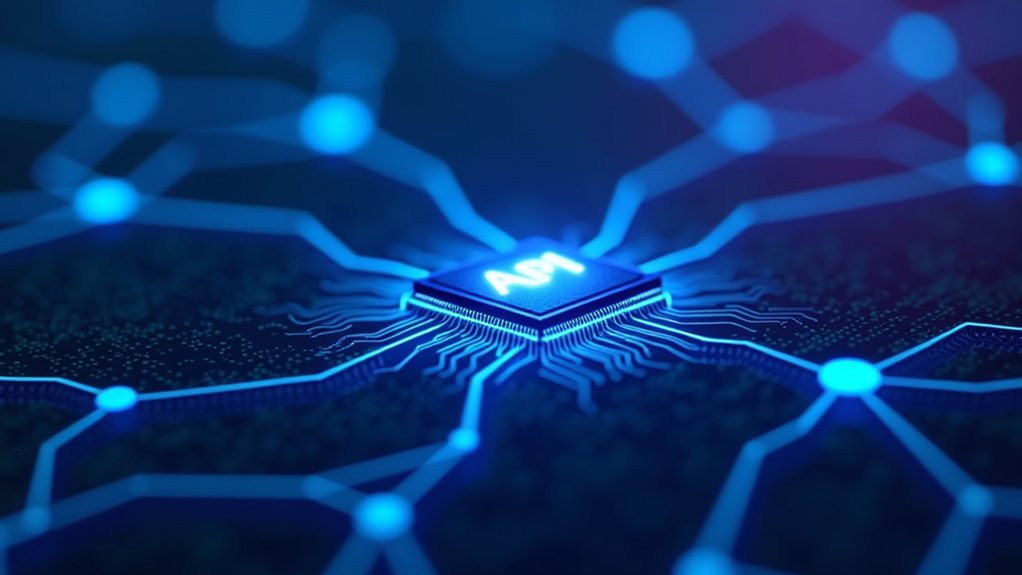Claude AI is a chatbot developed by Anthropic that generates human-like text. It processes natural language, creates content, debugs code, solves math problems, and analyzes images. The AI comes in three versions: Haiku (fastest), Sonnet (balanced), and Opus (most advanced). Claude can't access real-time internet data and has usage limits. Understanding its capabilities helps users maximize this AI assistant's potential.

Claude AI is a sophisticated artificial intelligence chatbot developed by Anthropic AI. It uses transformer architecture for natural language processing and has been trained on massive datasets of text and code. This training allows Claude to generate human-like text and hold conversations that feel natural to users. It's available through a chat interface and API, making it accessible for different applications.
A powerful AI assistant that processes language naturally and converses like a human through accessible interfaces.
Claude can process and understand natural language, generate text for various purposes, debug code, solve math problems, translate between languages, and analyze images. These capabilities make it useful for many everyday tasks that involve understanding or creating content.
Anthropic developed Claude using a Constitutional AI approach, which means it follows ethical principles and safety guidelines. It's designed to be helpful, honest, and harmless while being less likely to produce harmful or biased outputs. The model respects user privacy and is built to avoid misuse.
The Claude 3 family includes three versions: Haiku, Sonnet, and Opus. Haiku focuses on speed and efficiency, Sonnet balances performance with speed, and Opus offers the highest level of intelligence and capability. Users can choose the version that best fits their specific needs. Claude 3, released in May 2024, includes one free and two premium AI chatbots.
Claude stands out with several unique features, including a large context window that can handle up to 100,000 tokens, advanced vision capabilities for analyzing images, and special features for coding and creating customized AI assistants. It also supports multiple languages. Similar to OpenAI's models, Claude can be integrated into various content creation workflows to enhance productivity and efficiency.
Many businesses use Claude for document analysis, content creation, customer service, data processing, and software development assistance. These applications help streamline workflows and improve productivity.
Despite its capabilities, Claude has limitations. It can't access real-time internet information, may sometimes produce inaccurate information, and requires careful prompt engineering for best results. It also has usage limits and isn't meant to replace human expertise and judgment. Users should keep these considerations in mind when working with this AI assistant.
Anthropic was founded by former OpenAI members Dario and Daniela Amodei, who bring significant expertise from their involvement with the GPT-3 project to Claude's development.
Frequently Asked Questions
How Does Claude AI Compare to Chatgpt?
Claude AI and ChatGPT are competing AI assistants with different strengths.
Claude has a larger context window (200,000 tokens versus 128,000) and produces more natural-sounding content. It's better at maintaining consistent tone and excels at coding tasks.
While ChatGPT offers web browsing and image creation, Claude provides more free tier usage.
Both cost $20/month for premium versions and have safeguards against harmful content.
Can Claude AI Generate Images or Only Process Text?
Claude AI cannot generate images. It can only analyze existing images that users upload.
Unlike DALL-E or Midjourney, Claude doesn't create visual content from text descriptions. It's designed to process text and understand images, but can't produce pictures, artwork, or illustrations.
Claude excels at language tasks and can describe what it sees in uploaded images with detail.
Is Claude AI Free to Use?
Claude AI offers both free and paid options.
The free version gives users basic access to the Claude 3 Sonnet model with daily usage limits, no credit card required.
There's also a Pro plan for $20/month that includes 5x more usage, priority access, and a larger context window.
Free users face restrictions on message limits, context window size, and advanced features compared to paid subscribers.
What Programming Languages Can Claude Understand?
Claude understands most major programming languages.
It's especially strong in Python but also works well with JavaScript, Java, C++, and SQL.
The AI can generate code, complete snippets, review programs, and explain how code works.
It's able to translate between different programming languages and can understand when users describe coding tasks in everyday language rather than technical terms.
Does Claude AI Have Real-Time Internet Access?
Claude AI doesn't have real-time internet access in its standard configuration.
Unlike competitors like ChatGPT with Bing integration or Google's Gemini, Claude relies on pre-trained knowledge with a cutoff date several months in the past.
Third-party workarounds exist through Perplexity AI, You.com, and other tools.
Anthropic is developing the Model Context Protocol (MCP) that may eventually provide Claude with file and web access capabilities.









